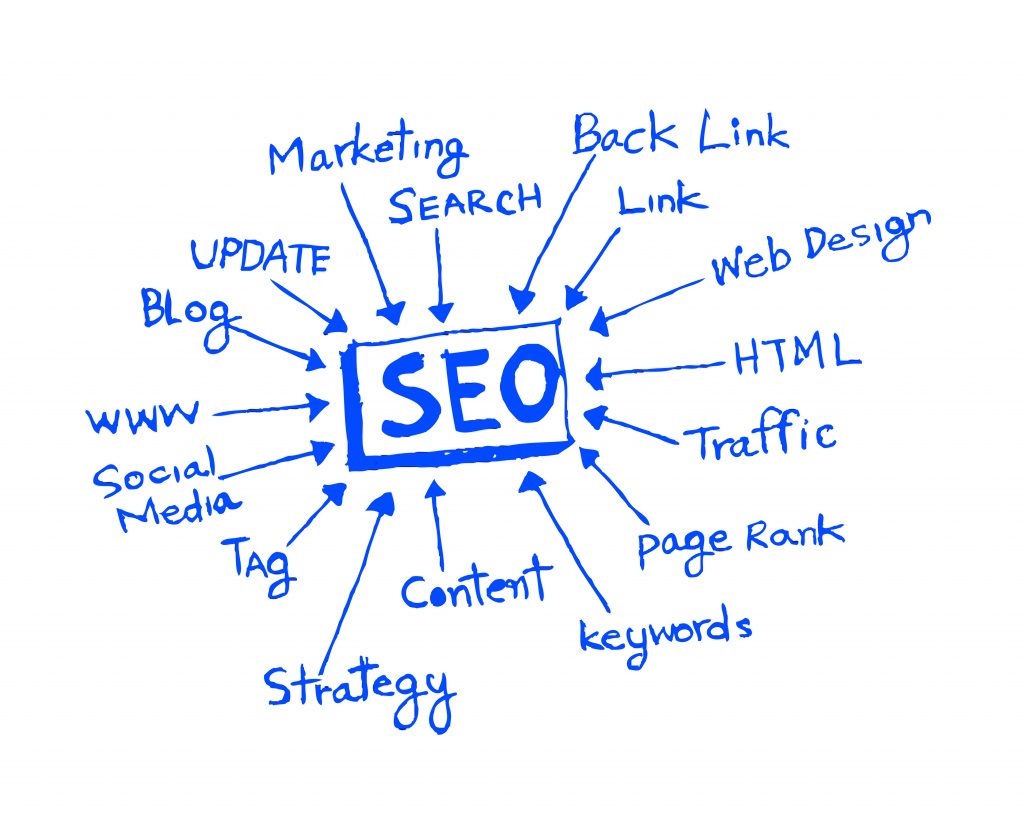Here at Napier, we are always looking for new ways to stay up to date with the latest trends and information within the marketing industry. Which is why our interest peaked when we heard Rand Fishkin (the ultimate SEO guru), and Eric Enge (General Manager at Perficient digital) were hosting a webinar to discuss the results of the recent SparkToro survey on professional opinions of ranking factors.
For those of you who don’t know Rand Fishkin; he was originally the founder of Moz, before setting up SparkToro in 2017. Recently the company completed a survey asking more than 1,500 SEO professional’s to take part, with the aim to reveal a wide range of opinions and views on Google ranking factors. Survey recipients were asked to rate the importance of each ranking factor in how it impacts organic search results.
The question they were asked was: “For each of the following factors, enter your opinion of how much weight it receives in Google’s organic ranking systems”
Recipients were given a 0-10 scale to rank each factor and the following labels were used:
- 0 – Note used
- 5 – Moderately used
- 10 – Very heavily used
The webinar was a fast-paced and informative hour, so we’ve narrowed down the results to our top four takeaways…
The Truth About Amount of Content on Page
“I don’t think Google gives two poops about how much content is on the page” – Rand Fishkin
And you know what…? I think I might have to agree with Rand on this one, why should it matter how much content is on a page? We should be going for quality text rather than the quantity of it.
Surprisingly, many SEO professionals weighted this much higher than you might have thought. The ‘total amount of on-page content’ averaged at 5.69. Which, if we look back at the scale, suggests that this factor is moderately used by Google algorithms. I think it’s safe to say this is not an important ranking factor, however, it was shocking to see that so many people placed this highly.
With the overall belief of the more in-depth your text, the better you will rank for SEO. Rand explained that although there is an element of truth to this, content which solves the customers problem is actually what Google cares about, rather than blogs or pages that are 850 words compared to 200. This doesn’t mean blogs or pages should be only bare minimum, but marketers can relax knowing that that not every piece of content needs to be super-long in length.
Good Old Anchor Text
The classic ranking factor that is used to improve page quality by linking to a specific keyword. This factor has always previously been a secure tactic for ensuring relevance, however, we are now seeing much more divided opinions.
Rand mentioned that if we look back to 2005 through to 2017, this would have been number one, number two or three of the top-ranking contributors. The real truth is that while it’s still important, Google now have better algorithms for identifying irrelevant pages and this is no longer number one.
External Linking – Networking for Websites!
External links are very important as they tell Google that you’re a great participant in the overall web ecosystem, like networking or building relationships for websites! I had hoped that in the eyes of others this was also a highly weighted factor that Google actively ranks on.
Maybe I had my hopes a little too high, this is only a small ranking factor in terms of organic results; In terms of building relationships with significant industry figures (outside of SEO), it is still a very beneficial tactic for your business.
The Importance of Web Page Load Speed
Within the survey, respondents were asked ”How much weight does web page load speed receive in Google’s organic ranking systems?”
Averaging at 6.8 we can see that load speed is believed to be a significant factor for ranking. Yet the big question left on Eric’s mind was, if people know it is important, then why do people do so little about it?
Rand went on to answer this perfectly, suggesting that there are a lot of slow-loading sites that rank well, setting the perception that actually this factor doesn’t affect ranking, and Google’s statements haven’t shown the significance of this feature.
Google’s Porky Pies
The recipients of the survey were asked how truthful they thought the following statement by Google was: “We don’t have anything like a website authority score.”
Well… why don’t I just pack my bags and leave because everything I know is wrong. This statement was officially made by Gary Illyes at Google, and it’s safe to say from the results below that the large majority of people thought this was also a porky pie, with 36% of professional rating this statement as ‘provably false’.
For more information on the rankings, you can watch the full webinar here.

